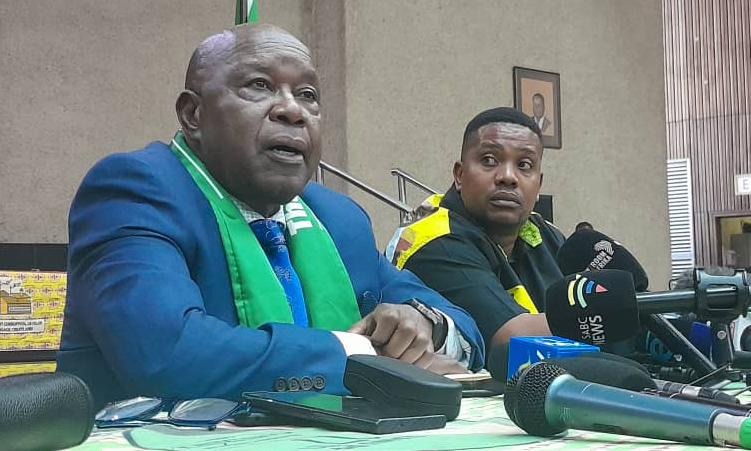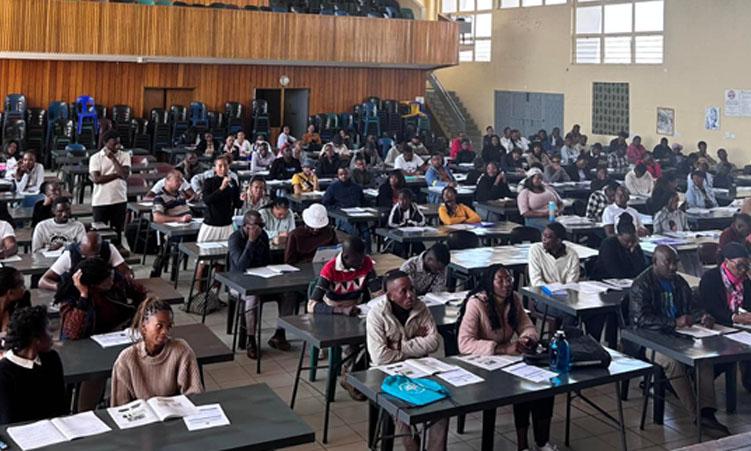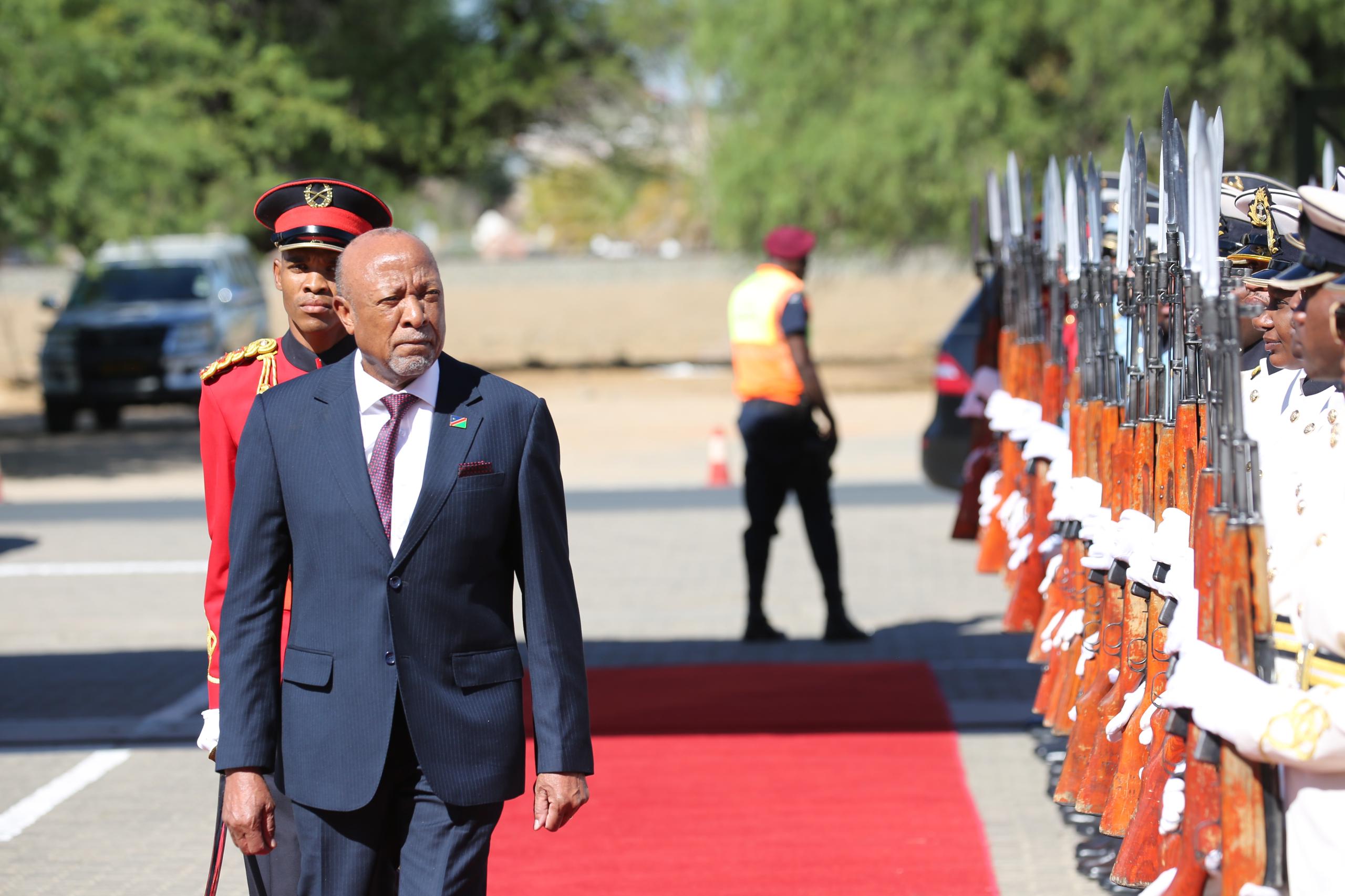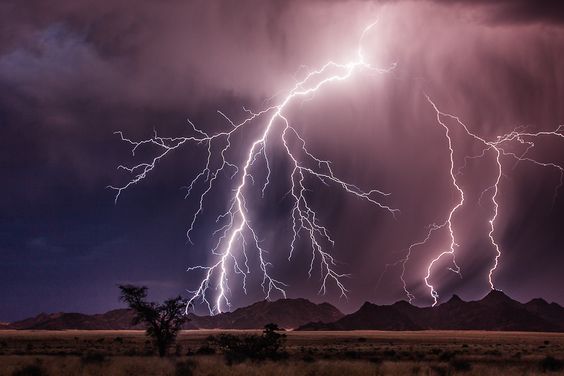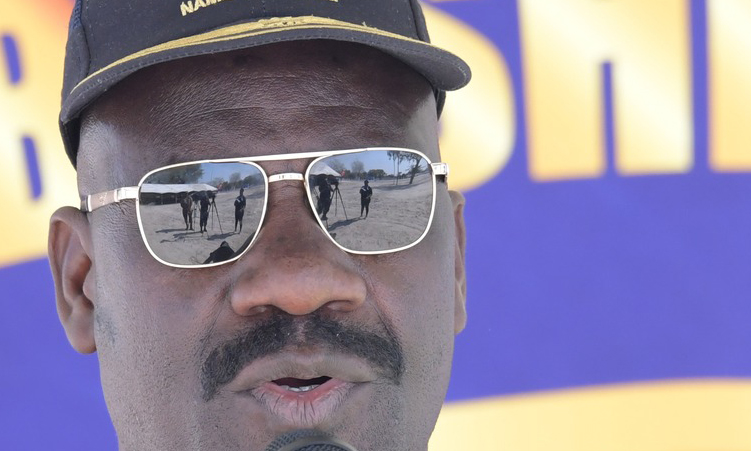Zanu PF bigwig ambassador Christopher Mutsvangwa has bashed the head of the Southern African Development Community (SADC) election observer mission, Nevers Mumba.
Mumba has severely criticised the presence of what he calls a spy-led organisation, known as Forever Associates Zimbabwe (FAZ), which allegedly aimed to intimidate voters in the just-concluded Zimbabwean elections.
Mutsvangwa was speaking at a post-election press conference this week, where he accused the SADC mission of selectively criticising FAZ for gunning for a Zanu PF victory, while other civil society organisations have rooted for the opposition Citizens Coalition for Change.
“Our people are naturally vigilant because they fought a war, and they will continue to be vigilant, and they have institutions which are a continuation from that war, like FAZ. These are civic committees which are looking at the security and intelligence,” Mutsvangwa said.
The European Union (EU) and Commonwealth observer missions have also raised alarm about FAZ.
“We observed . . . that FAZ had set up ‘exit poll survey’ tables in close proximity to polling stations, with governing party regalia.
“From our briefings with other civil society organisations and stakeholders, it was made clear that exit polling is currently not permitted within the legal framework of Zimbabwe,” the Commonwealth mission said in its report.
Mumba has told the media that FAZ is said to have been deployed to several wards at around 36 000 villages.
“These and other unidentified persons who were not polling officials were also observed taking down voters’ names before they cast their votes.
“In some areas voters were intimidated by the actions of these individuals,” he has said.
Mbumba has said the SADC mission has received reports that people were intimidated to vote in a particular manner.
“Our observers confirmed the existence of this group as its officials and agents were easily identifiable at some polling stations as they were dressed in regalia emblazoned with the FAZ name and were accredited electoral local observers,” he has said.
But Mutsvangwa says Mumba is from a “later-day political party” and does not understand Zimbabwe’s military history.
“I want to remind him [Mbumba] that our original training for the Zimbabwe defence forces came from the Zambians. We were hosted in Zambia.
“We were hosted in Tanzania. Maybe because he is from a later-day party he can’t go to the archives of his country and really understand the role of Zambia in the birth of what is now the Zimbabwe Defence Force,” he said
The EU observer mission has so far refused to declare whether the Zimbabwean poll was free, fair and credible.
The mission has vehemently condemned the arrest on election night of 39 members of accredited citizens’ observer organisations, like the Zimbabwe Electoral Support Network (ZESN) and the Electoral Resource Centre.
The 39 people currently in police custody have been accused of conducting parallel ballot tabulation and releasing election results.
Their offices have been raided by the Zimbabwe Republic Police.
In Zimbabwe, the release of results is by law reserved for the Zimbabwe Electoral Commission (ZEC), and the raid on the ZESN’s offices resulted in the confiscation of laptops and cellphones.
“These organisations are part of the Global Network of Domestic Election Monitors, a network that follows the declaration of principles for non-partisan election observation.
“Their initial denial of legal counsel for some 12 hours raised significant concerns,” said the EU chief observer Fabio Castaldo yesterday.
Castaldo said although voters were offered a choice of political alternatives, the overall inclusivity of the candidate registration remained limited during the course of the poll.
He said Zimbabwe’s elections have been characterised by unreasonable registration, which the ZEC applied inconsistently and in a discretionary manner.
The mission slammed what it called unduly high registration fees required from candidates, adding that the ZEC’s demand that payment be made in United States dollars further created obstacles for many candidates to participate.
Another observation was that the election was held in a climate typified by judicial mistrust.
While the campaign in Zimbabwe gave voters a range of viewpoints, the EU, however, said there was a lack of a level playing field for candidates due to intimidation, coercion and undue limitations.
Consequently, the EU observer mission ruled that Zimbabwe’s elections have failed to meet international standards.
However, the mission could not comment on whether the outcome reflects the will of Zimbabweans.
“Freedom of assembly was unduly restricted in most cases . . . On some occassions, the police used force to disperse opposition gatherings that extended past the time frames specified in assembly notifications,” Castaldo said.
Stay informed with The Namibian – your source for credible journalism. Get in-depth reporting and opinions for
only N$85 a month. Invest in journalism, invest in democracy –
Subscribe Now!


